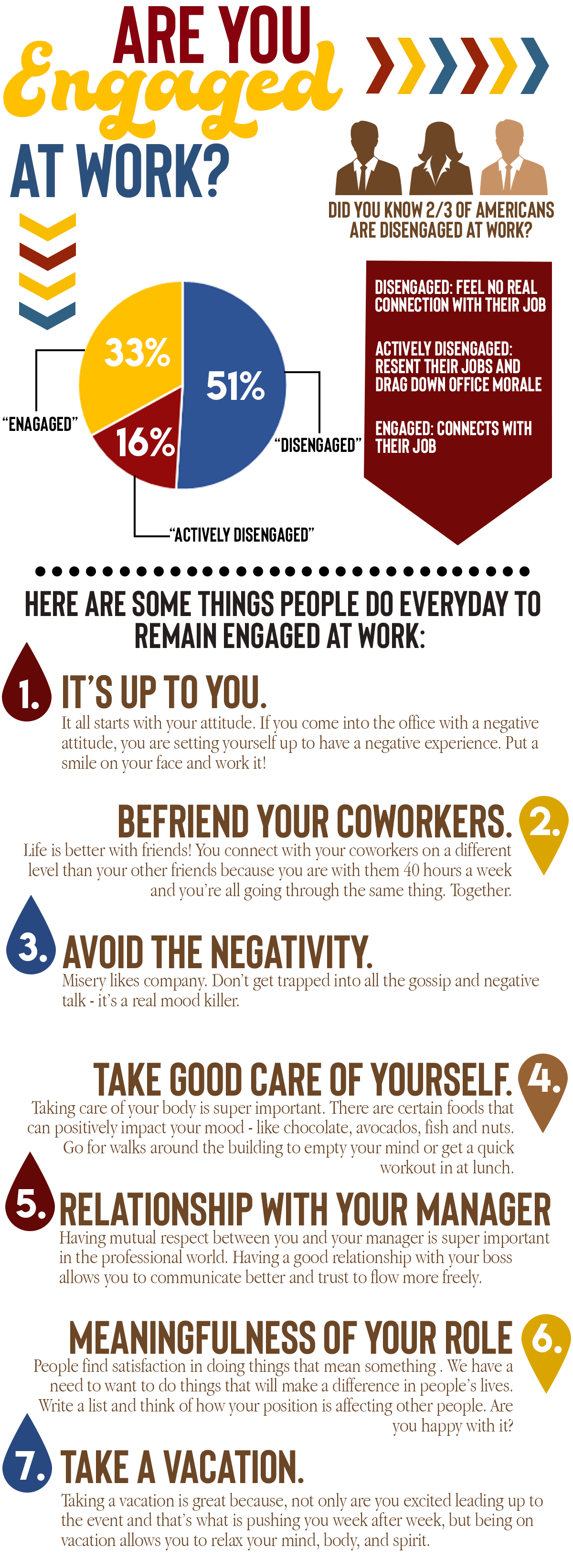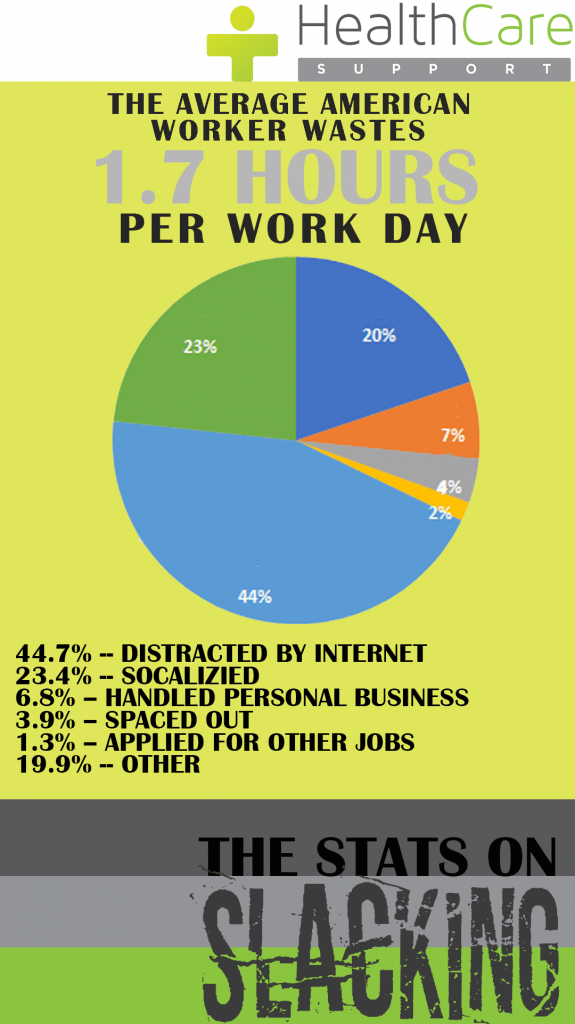Change is something you’ve learned to work well with as a registered nurse (RN). However, transitioning to a new role as nurse practitioner (NP) is a change big enough to challenge even the most seasoned nursing professionals. Below are some insider tips that will help you better prepare for and breeze through your transformation from RN to NP.
How to Prepare for the RN to NP Transition
From new obligations to a new professional network, so many aspects of your professional life are going to change on your journey to becoming an NP. To prepare ahead of time, take a look at some of the tasks you’ll be taking on:
- Working within the scope of what patients can afford and what their insurance will cover
- Diagnosing illnesses, creating treatment plans, educating patients
- Delegating responsibilities to other employees
- Creating a brand-new network of peers and growing your connections
How to Step Into Your New Career
Just like your first weeks and months as an RN, the beginning of your career as an NP will not be without challenges. If you’re feeling nervous, overwhelmed, or a little lost at any point in your transition, refer to the following tips:
- Overcome the fear of asking questions. Patient health and safety always comes first, so don’t be afraid to speak up if you have any hesitancy or confusion about a particular task or topic.
- Keep a record of the answers you receive when you do ask for advice. This will help you avoid needing to ask the same questions twice.
- Find a mentor. While you shouldn’t be afraid to ask your coworkers and fellow NPs about patient-related inquiries, having a go-to mentor can be helpful for your deeper career questions.
- Listen to podcasts. If you’re struggling to keep up with medical literature, podcasts are a go-to source of information that you can absorb while on the go.
How to Find the Right Healthcare Job Opportunities for You
Whether you’re currently transitioning from RN to NP or are thinking about making a major change in your career, the healthcare recruiters at HealthCare Support are here to assist you every step of the way. We’ll alert you with job opportunities that match your goals and keep you updated throughout the application and hiring process. To learn more on how we find jobs and help healthcare professionals like you find success, contact HealthCare Support today at 407-478-0332.






